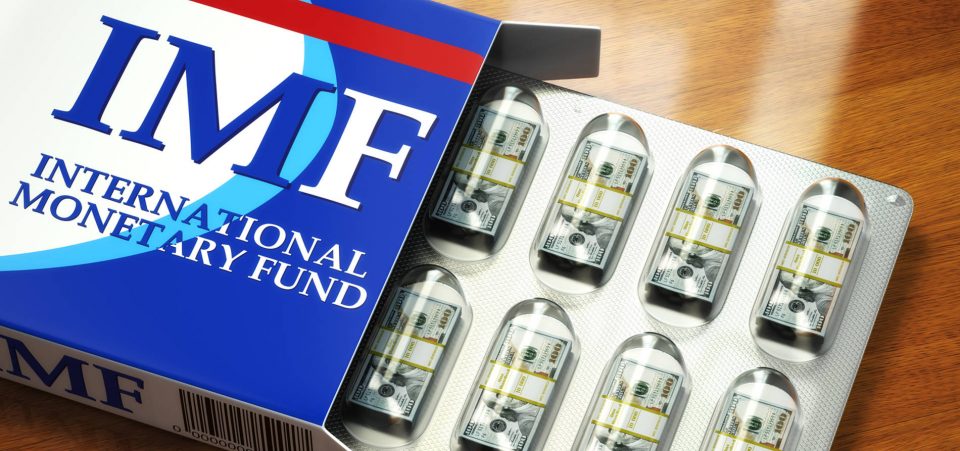Global Debt Hits $152.0 Trillion, Twice the Size of GDP
The International Monetary Fund (IMF), the “lender of last resort,” is raising a red flag over the record level of global debt, which may sink with it the most vulnerable borrowers if not checked.
According to the Washington-based multilateral funding agency, the global debt, both public and private, has reached $152.0 trillion, or 225% of global economic output.
The biggest upsetting element in this huge debt pile is that about two-thirds, or $100 billion.0, of this borrowing is from private borrowers who are the most at risk of defaulting if a crisis of the magnitude of that in 2008 hits the world economy.
“Excessive private debt is a major headwind against the global recovery and a risk to financial stability,” said IMF Fiscal Affairs Director Vitor Gaspar. “Financial recessions are longer and deeper than normal recessions.” (Source: “IMF says global debt tops $152 trillion, urges some to spend more,” Reuters, October 5, 2016.)
Global interest rates, near record levels, are fuelling an unprecedented growth in private borrowing, mostly in the developing world, as central banks pursue extremely loose monetary policies to kick-start the weak economic growth.
In the U.S., the world’s largest economy, the Federal Reserve is still unable to raise interest rates, despite providing monetary incentives for more than eight years. Instead, the growth outlook still remains weak.
In such an environment, companies are taking advantage of low interest rates and loading their balance sheets with cheap money. The IMF report mentioned China and Brazil in particular, as they are countries where low interest rates have prompted companies to borrow more than they can afford.
The IMF has recommended government interventions for these economies in the event of defaults by the private sector, similar to the way the U.S. government helped local companies and banks after the financial crisis of 2008. One such example is the automotive sector, which was rescued by the Obama government through financial support and the purchase of auto companies’ shares through the injection of public funds.
“These types of policies could be particularly useful in China,” Gaspar said. “But in order to work, they need to be adequately designed and subject to strong governance principles.”(Source: Ibid.)






